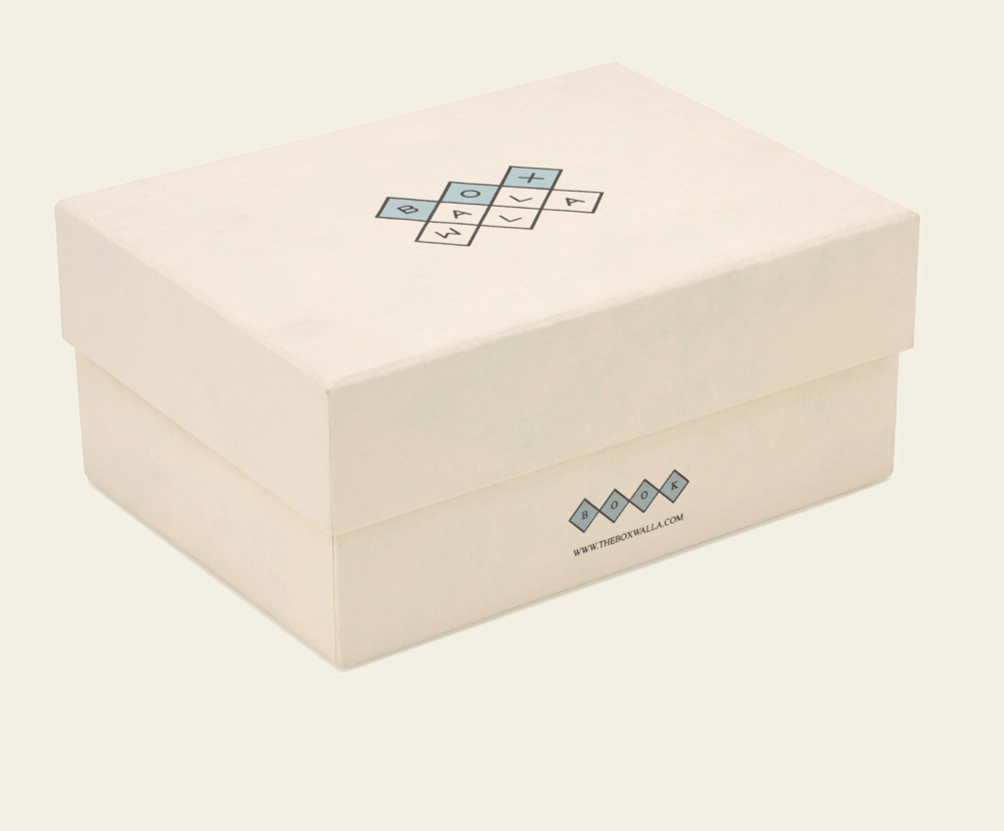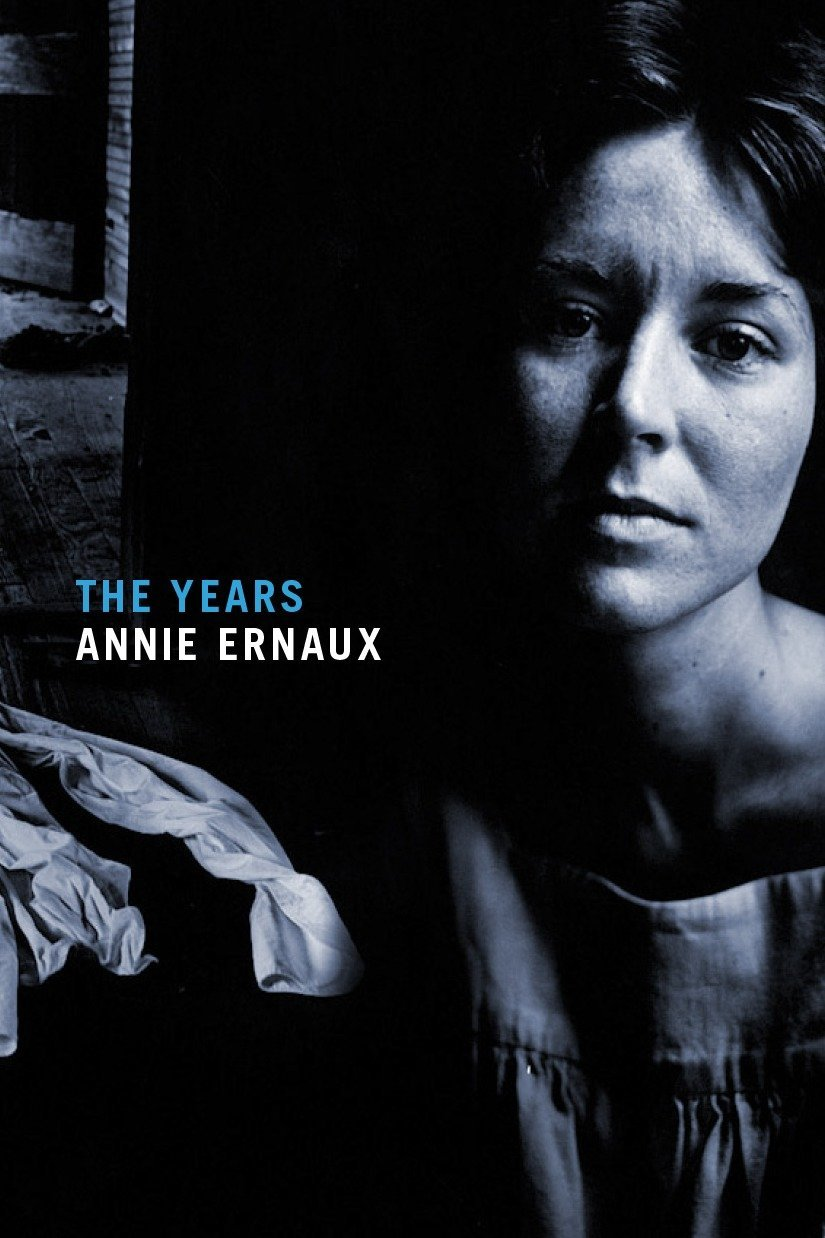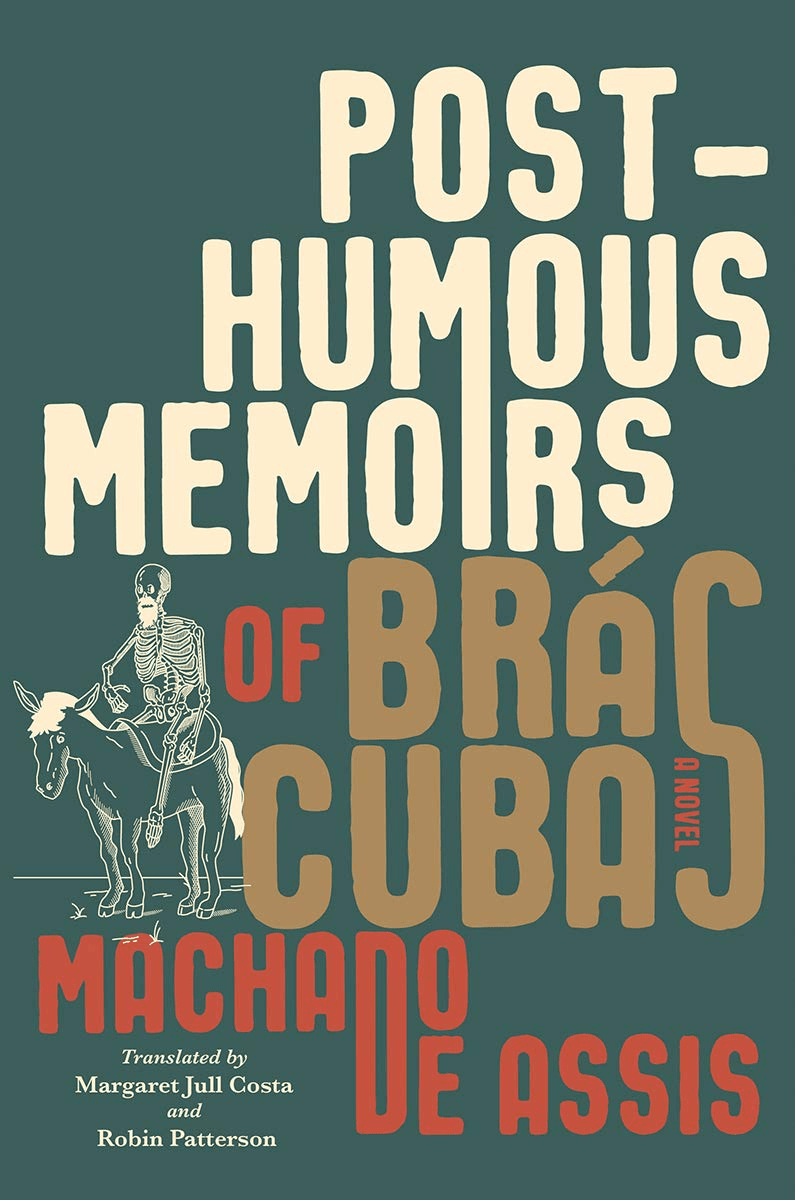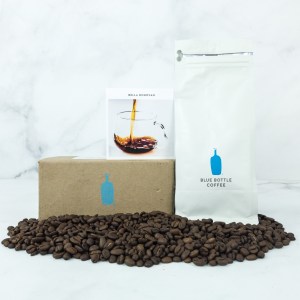
We have the book spoilers for August 2021 Boxwalla Book Box, a fiction book subscription that also focuses on diversity!
This August, we showcase two writers, one from France & the other from Brazil.
Here are the hints:
📖 She was born in 1940 and grew up in Normandy, France.
📖 She is one of the seven founding writers of the Seven Stories Press
📖 The New Yorker said her “books are small, simple, rarely exceeding a hundred pages. In each, she is always asking how she can be sure that her memories are correct”. A modern day Proust we think!
📖 We think she is probably going to win the Nobel Prize pretty soon – she is a very strong contender! 🙂
📖 Here is an excerpt from the book we are featuring:
“As lunch simmers flagrantly on the stove, and the babbling child assembled Lego blocks, and the toliet flusher is repaired while Bach’s Musical Offering plays in the background, they build their collective sense, all in all, of being happy. The photo plays a role in this construction, anchoring their ‘little family in the long term. It acts as a pledge of permanence for the child’s grandparents, who will receive a copy.”
📖 A pioneer novelist, short story writer, poet & playwright, he is regarded as the greatest writer of Brazilian literature.
📖He was born in 1839 in Rio de Janeiro. His father (whose parents had been enslaved) was a wall painter & his mother was a washerwoman (she unfortunately died when he was 9).
📖 Susan Sontag called him “the greatest writer ever produced in Latin America” & Dave Eggers said of this book, “Long forgotten by most, it’s one of the wittiest, most playful and therefore most alive and ageless books every written”. Allen Ginsberg called him “another Kafka”, Philip Roth said, “like Beckett, he was ironic about suffering” & Salman Rushdie thought he was “a writer hundred years ahead of his time”.
📖 Here is an excerpt from the novel we’ve chosen, a love story of sorts, translated by the incomparable Margaret Jull Costa:
“For some time, I could not decide whether to begin these memoirs at the beginning or at the end, that is, whether I should start with my birth or my death. Since the usual approach is to begin with one’s birth, two considerations led me to adopt a different method: firstly, I am not so much a writer who has died, as a dead man who has decided to write, and for whom the grave proved to be another cradle; the second is that this approach will make what I write seem more elegant and more modern. Moses, who also described his own death, did so not at the outset, but at the end- a radical difference between this book and the Pentateuch”.
Here are the books this August:

This August we have chosen to showcase two INCREDIBLE writers, one from France and the other from Brazil: Annie Ernaux and Joaquim Maria Machado de Assis.
There will also be a bookish gift from our wonderful friends at Obvious State.
Closer look:

The Years Paperback by Annie Ernaux
The Years is a personal narrative of the period 1941 to 2006 told through the lens of memory, impressions past and present—even projections into the future—photos, books, songs, radio, television and decades of advertising, headlines, contrasted with intimate conflicts and writing notes from six decades of diaries. Local dialect, words of the times, slogans, brands and names for the ever-proliferating objects, are given voice here. The voice we recognize as the author’s continually dissolves and re-emerges. Ernaux makes the passage of time palpable. Time itself, inexorable, narrates its own course, consigning all other narrators to anonymity. A new kind of autobiography emerges, at once subjective and impersonal, private and collective. On its 2008 publication in France, The Years came as a surprise. Though Ernaux had for years been hailed as a beloved, bestselling and award-winning author, The Years was in many ways a departure: both an intimate memoir “written” by entire generations, and a story of generations telling a very personal story. Like the generation before hers, the narrator eschews the “I” for the “we” (or “they”, or “one”) as if collective life were inextricably intertwined with a private life that in her parents’ generation ceased to exist. She writes of her parents’ generation (and could be writing of her own book): “From a common fund of hunger and fear, everything was told in the “we” and impersonal pronouns.”

“I passed away at two o’clock in the afternoon on a Friday in August in 1869, in my beautiful mansion in the Catumbi district of the city.” So begins Machado de Assis’s Posthumous Memoirs of Brás Cubas, told eerily from beyond the grave. First appearing in Brazil in 1881, this remarkably experimental novel was never intended by its author to be a popular “run-of-the-mill-novel.”
Joaquim Maria Machado de Assis, the son of a mulatto father and a washerwoman, and the grandson of freed slaves, was not, originally, expecting literary encomiums in his lifetime, especially not for Brás Cubas. And yet, his prodigious output of novels, plays, and stories would influence generations of South American writers. Now, with this coruscating new translation of one of his most compelling novels, esteemed translators Margaret Jull Costa and Robin Patterson reveal a pivotal moment in Machado’s career, as his flights of the surreal became his literary hallmark.
In eloquent, contemporary prose, Costa and Patterson breathe new life into the dynamic character of Brás Cubas and reveal the vivid, tempestuous Rio de Janeiro of his time. The recently deceased Cubas narrates his life story, admitting glibly: “I am not so much a writer who has died, as a dead man who has decided to write.” His life, therefore, is relayed out of order, beginning with his funeral, and then stepping back to offer “a brief genealogical sketch.” An enigmatic, amusing and frequently insufferable anti-hero, Cubas describes his childhood spent tormenting household slaves and meddling cheekily in adult affairs, through his bachelor years navigating his own torrid affairs, up to his final days obsessing over nonsensical poultices.
Fantastical in structure and enthralling in tone, Posthumous Memoirs of Brás Cubas is a deeply human story of a somber life―how much of it reflects the author’s own personality we will never know. At once a work of uproarious mockery and great sympathy, this is Machado de Assis at his most pathbreaking: an incisive observer of the human condition, and a founding father of modernist fiction.
Boxwalla offers subscription boxes and limited edition boxes. Boxwalla Book Box is $29.95 every other month, and comes with 2 books by writers from all over the world. See all our Boxwalla Book Box reviews here!
August box orders are now open – you can secure yours here!
What do you think of this month’s Boxwalla Book Box spoilers?




Comments
Definitely interested in this one! I might sub after all since August is my birthday month and the box is cheaper than I originally thought.